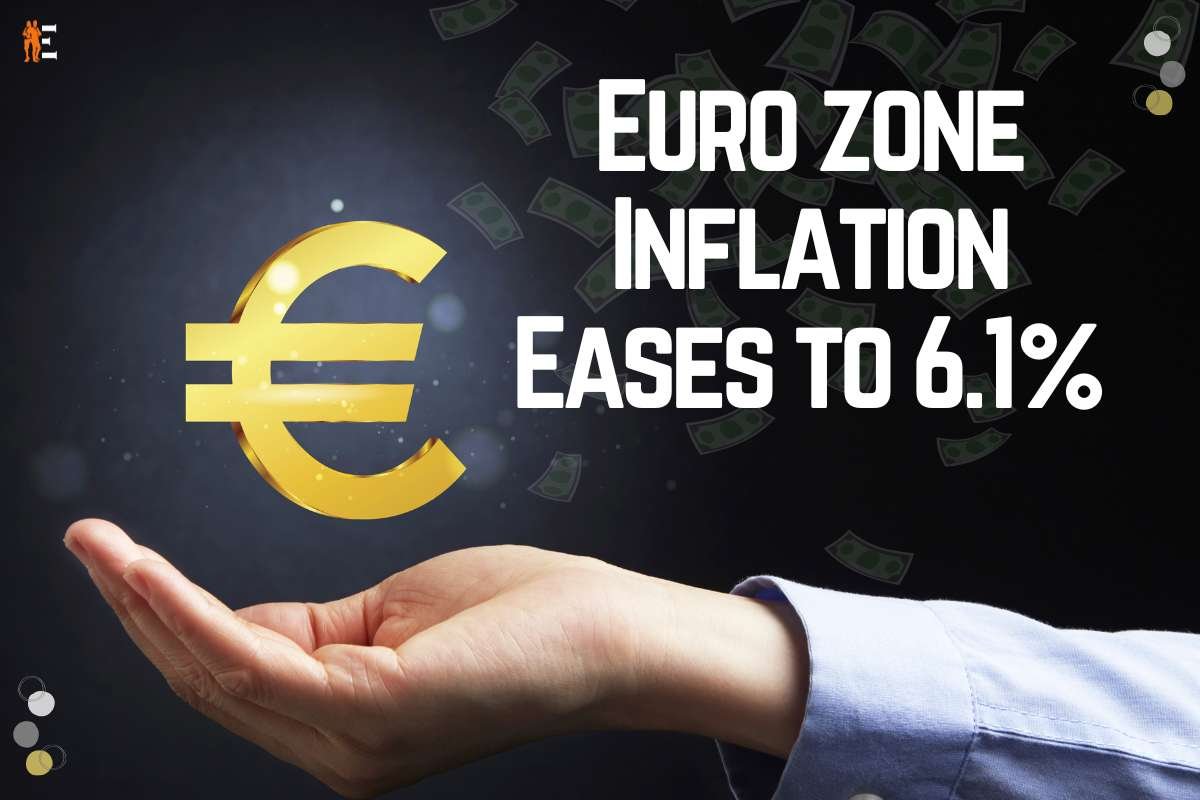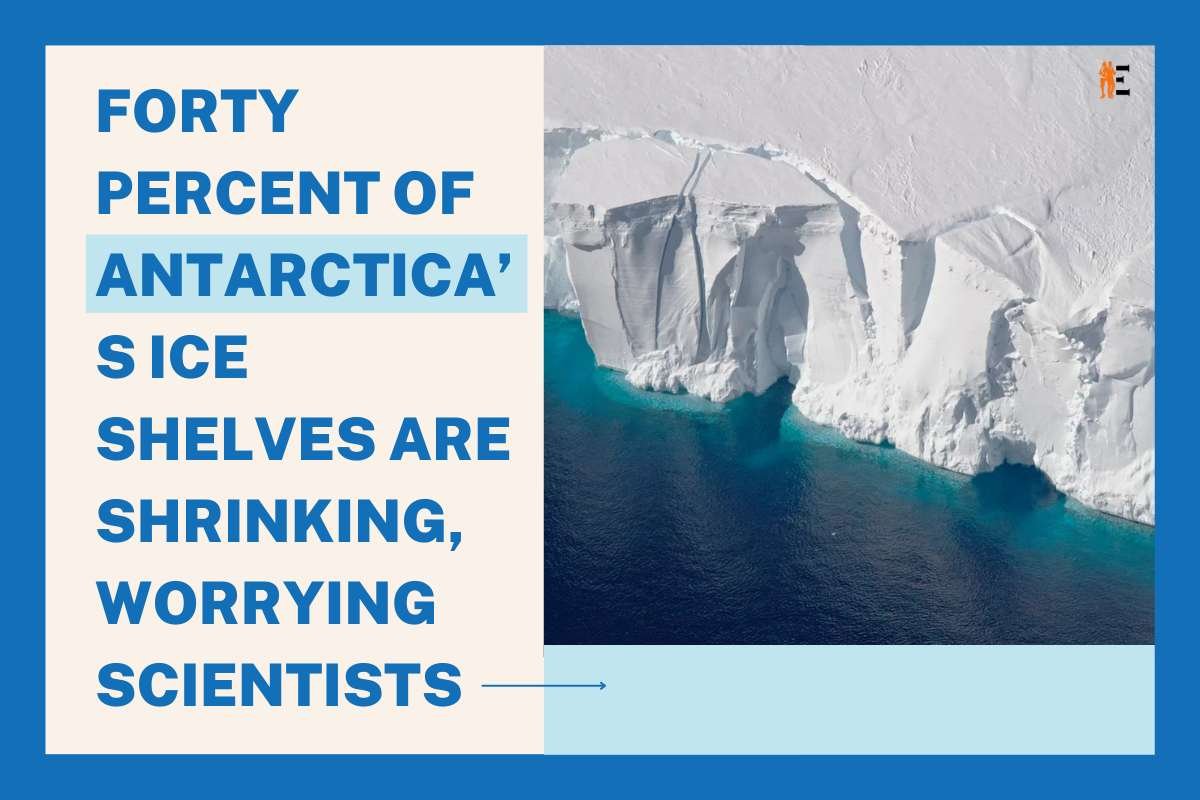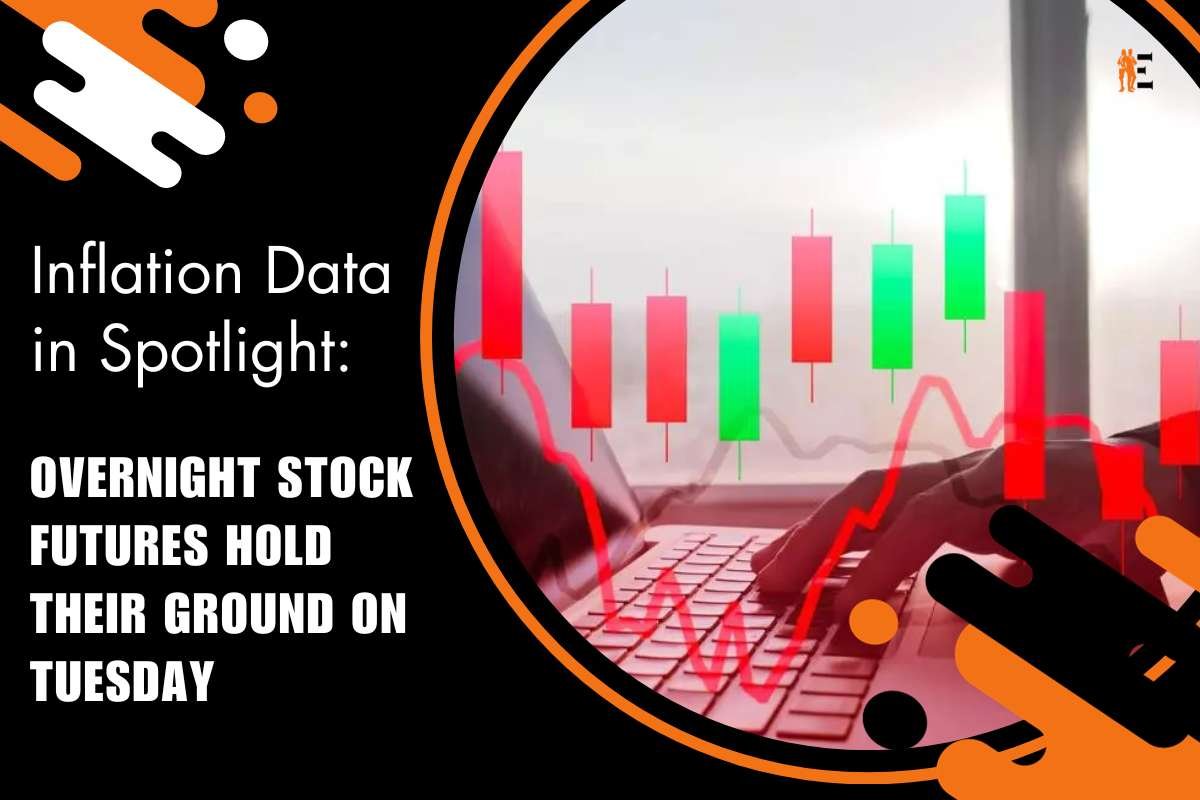Inflation in the euro zone has shown signs of easing in May, with the bloc’s annual headline inflation rate dropping to 6.1% from April’s 7%, according to flash figures. This unexpected decline marks the lowest level since February 2022 and comes in below the forecast of 6.3% predicted by economists polled by Reuters. Core inflation, which excludes energy and food prices, also fell more than anticipated, from 5.6% to 5.3%.
Effects in Germany and France
The downward trend in euro inflation is evident in Germany and France, as well, where prices have decreased compared to the previous month. These two countries represent the largest economies in the euro area, and their inflation rates are now at their lowest in the past 12 months. Spain and Italy also experienced a moderation in inflation, according to national data.
Despite these encouraging developments, the markets didn’t react significantly to the announcement, with European stocks trading higher, and the euro strengthening against the US dollar and British pound.
Inflation is expected to Persist
Addressing the issue, European Central Bank (ECB) President Christine Lagarde stated in a speech in Hanover that inflation remains “too high” and is expected to persist for an extended period. The ECB is scheduled to convene on June 15 to make its next monetary policy decision. The bank has been gradually increasing its benchmark rate from -0.5% a year ago to 3.25% in May, its highest level since November 2008.
While the ECB has not provided forward guidance since its May meeting, it emphasized the presence of strong underlying price pressures. Lagarde mentioned the need to continue the current hiking cycle until there is confidence that inflation will return to the target in a timely manner. She also highlighted the importance of assessing the impact of monetary policy on financing conditions, the economy, and inflation.
Money markets have factored in two more 25 basis point hikes by the ECB, one in June and another in either July or September, according to Reuters. Joachim Nagel, President of the Bundesbank, expects “several” more hikes to control inflation.
Economists Remain Optimistic
Economists remain cautiously optimistic, expecting a more significant period of disinflation over the summer, primarily driven by a sharp drop in energy inflation due to base effects. However, they express concerns about the upward trend in wages, which could impact inflation moving forward.
The upcoming decisions of the ECB in July and September will heavily rely on incoming data to determine the appropriate course of action. Analysts will closely monitor the economic indicators to assess the strength of the recovery and its implications for inflation.











